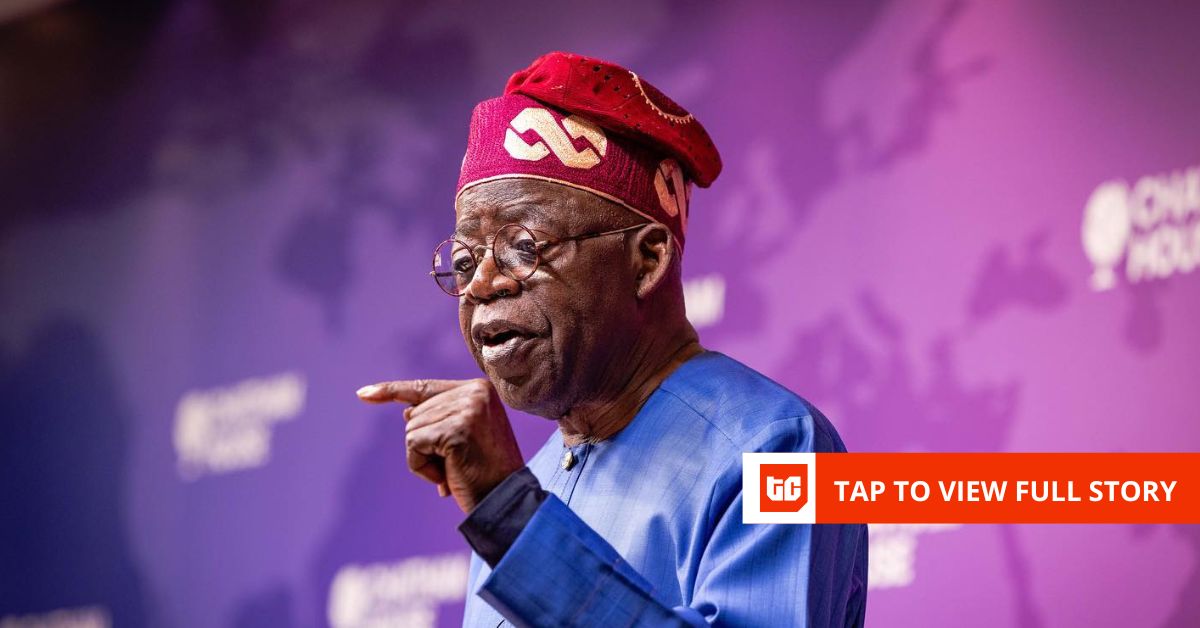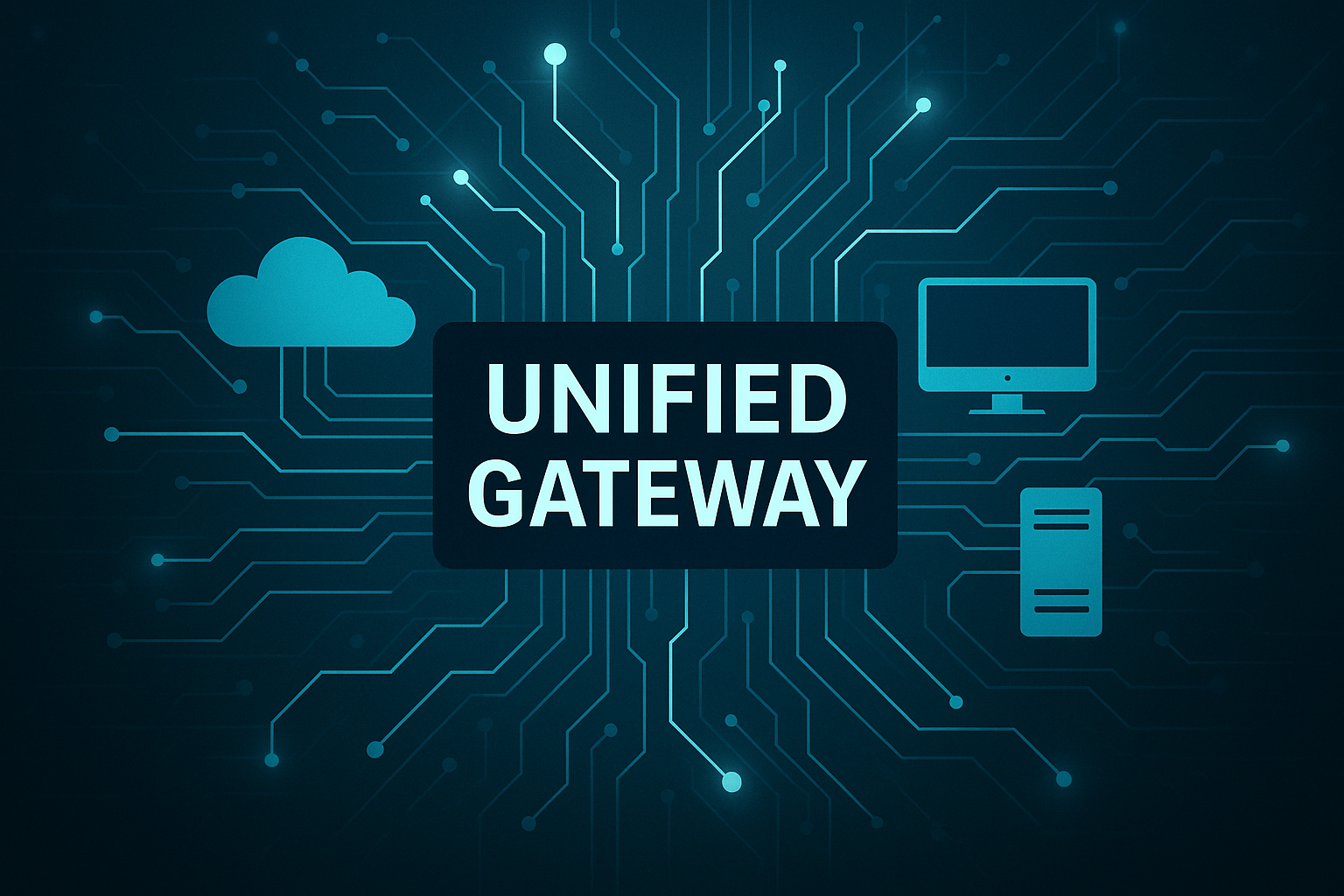Nigeria’s plan to grow tax and customs revenues to at least ₦17.85 trillion ($11.92 billion) in 2026 heavily depends on technology. With crude oil earnings shrinking, taxes have become one of the government’s most reliable funding legs.
Most of the collections will come from value-added tax, corporate income tax, customs levies, and the electronic money transfer levy, according to the 2025-2027 Medium Term Fiscal Framework and Fiscal Strategy Paper.
The government plans to raise ₦16.05 trillion ($10.72 billion) from these revenue sources in 2025. Before now, weak administration, low compliance, and manual, paper-based systems have left room for leakages, inefficiency, and corruption.
In 2025, Nigeria enacted new laws to address many of these issues, including multiple taxation of businesses. “We have opened the doors to a new economy, business opportunities,” said President Bola Tinubu. However, the real spotlight would be on its integration of digital tools.
“Technology adoption in tax administration has the potential to improve tax compliance, reduce the costs of tax collection, and increase revenue,” read a 2023 research paper on improving tax collection efficiency through technology.
Tech as the driving force
To optimise collections, Nigeria plans to implement strategies that expand VAT collection agents, simplify compliance procedures, and cut tax expenditures. However, technology will be the main driver, according to the fiscal strategy paper.
Nigeria is looking to mirror the success of countries like Rwanda, which digitised its customs process through the Electronic Single Window, and Kenya, which uses its iTax platform.
Locally, the government is relying on platforms like TaxPro Max, launched in 2021, to enable taxpayers to register, file, pay, and download tax clearance certificates online. Large businesses with turnovers above ₦5 billion ($3.34 million) since August 1, 2025, are required to integrate their invoicing systems with the FIRS platform for real-time validation and reporting.
“Leveraging technology, such as the automated tax administration system (TaxPro Max and E-services) to further simplify tax processes, drive voluntary tax compliance, increase revenue collection, and create a tax environment that is conducive for taxpayers to fulfil their tax obligations,” the government explained in its policy paper.
The government also intends to automate VAT collection in supermarkets, hotels, and other retail outlets, utilising real-time portals to prevent leakages.
By employing a real-time online data mining portal, the Federal Inland Revenue Service (FIRS) will conduct desk reviews, audits, and investigations. This will enable it to “access data to validate information provided by taxpayers or reveal non-compliant taxpayers.”
“Nigeria’s digital economy has experienced exponential growth, transforming how businesses operate and process transactions,” FIRS told in July. “However, this expansion has outpaced traditional tax monitoring methods, creating gaps in transaction visibility and compliance.”
The FIRS will also link its database to those of business or money-facing agencies such as the Nigeria Inter-Bank Settlement System Plc (NIBSS), the Nigeria Customs Service (NCS), the Nigerian Communications Commission (NCC), and the Corporate Affairs Commission (CAC) for third-party intelligence gathering to improve and enforce compliance.
NIBSS, Nigeria’s central payment gateway, processed over ₦1 quadrillion ($667.79 billion) in transactions in 2024. In July, reported that the FIRS has developed a real-time portal to track all VAT-eligible electronic transactions and is mandating integration from banks, card schemes, fintechs, and payment service providers.
“Enhancing stakeholder collaboration and engagement to check leakages, evasion as well as enforce and improve compliance,” the government said.
Banks and financial institutions will also face tighter monitoring as FIRS reconciles remittances of the EMTL, a ₦50 charge on transfers of ₦10,000 and above.
On the customs side, the government aims to address issues with its $3.2 billion customs modernisation project, originally conceived in 2015, which will fully automate and simplify customs processes, including payments.
However, years of litigation have delayed progress. In 2024, the Federal High Court in Abuja dismissed a suit challenging the legality of the concession agreement related to the project.
For many businesses, integrating technology into tax administration means stricter compliance and fewer loopholes. “There is a positive relationship between firm digitalisation and domestic tax revenues. Countries with higher level of business digital adoption have larger tax-to-GDP ratios,” said the International Monetary Fund.
The Nigerian government is bullish about its revenue projections and has an even higher tax target of ₦19.73 trillion ($13.18 billion) for 2027. However, achieving these figures will depend on whether technology adoption can surpass well-known obstacles, including weak infrastructure, inconsistent implementation, and lack of political will.
As Taiwo Oyedele, chairman, Presidential Fiscal Policy and Tax Reforms Committee, said in July, better tax administration will depend on “modernisation and improved technology adoption.”
Mark your calendars! Moonshot by is back in Lagos on October 15–16! Meet and learn from Africa’s top founders, creatives & tech leaders for 2 days of keynotes, mixers & future-forward ideas. Get your tickets now: moonshot..com











